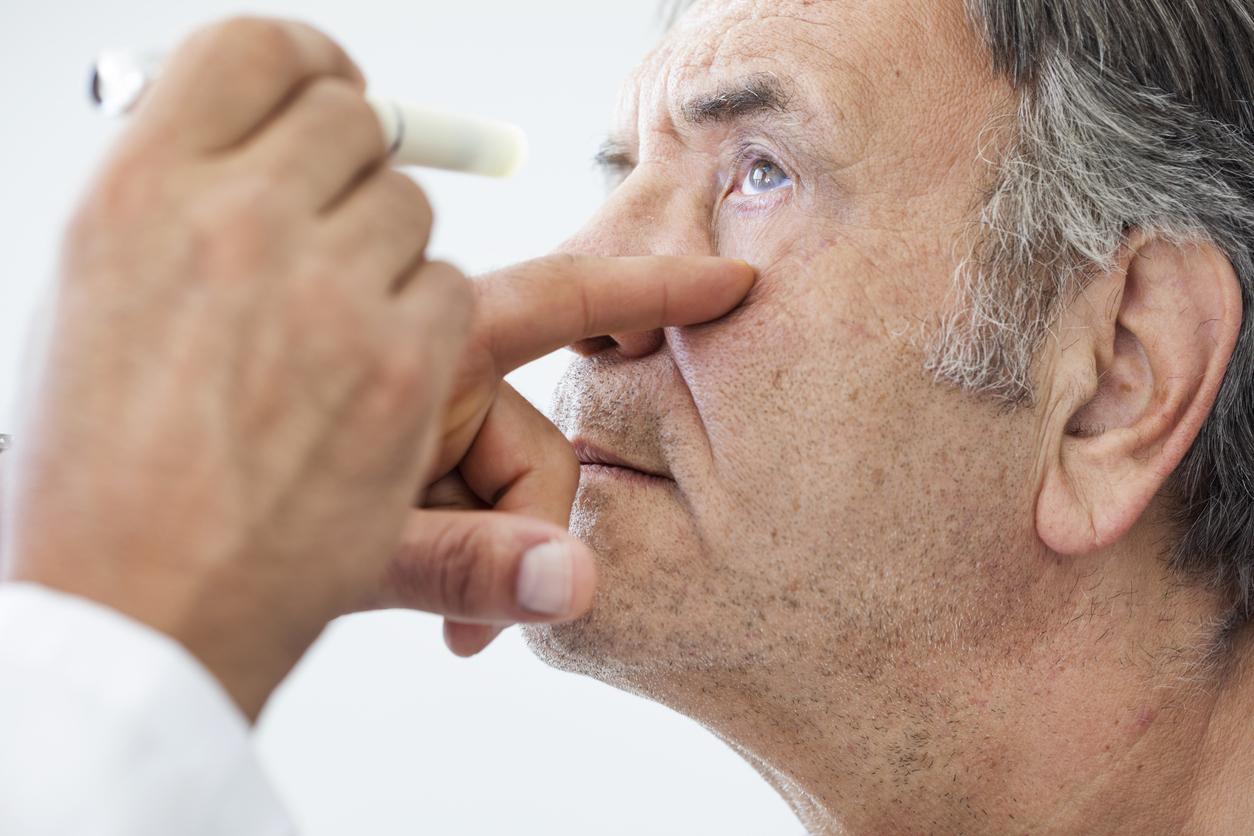Women who have had their ovaries removed are more likely to suffer from certain conditions, such as arthritis or asthma.

- Of 274 women who underwent bilateral oophorectomy, 161 patients were younger than 46 years old at the time of surgery, while 113 were between 46 and 49 years old.
- Patients who had their ovaries removed between the ages of 46 and 49 were more likely to suffer from arthritis, asthma, sleep apnea and bone fractures.
- They also showed reduced performance during a 6-minute walk test.
Cyst, ectopic pregnancy, tumor, endometriosis… Faced with these different pathologies, an oophorectomy may be recommended. This operation, which is performed under general anesthesia in hospital, involves removing one or both ovaries. A recent study revealed that this surgical procedure could lead to premature aging and the onset of chronic diseases.
Oophorectomy: 274 women who had both ovaries removed were followed
In this work, Mayo Clinic scientists examined the long-term effects of bilateral oophorectomy, performed before menopause, on physical and cognitive function and the risk of chronic diseases. For the purposes of the research, they recruited 274 women who had undergone pre-menopausal bilateral oophorectomy with or without hysterectomy. Among them, 161 patients were under 46 years old at the time of surgery, while 113 were between 46 and 49 years old. Next, the team assessed chronic conditions using the patients’ medical records. She also performed neurocognitive tests to assess their cognitive functions. Furthermore, physical function was measured in terms of strength and mobility.
Arthritis, asthma, sleep apnea: more risks in women operated on between 46 and 49 years old
The results, published in the journal Menopause, showed that women who underwent an oophorectomy between the ages of 46 and 49 had an increased risk of developing certain chronic diseases. Among these pathologies, we find arthritis, asthma, sleep apnea and bone fractures. Additionally, during a six-minute walk test, these women walked a shorter average distance than other participants. This indicates impaired physical function after oophorectomy. “There were no significant differences in the cognitive status of women who had their ovaries removed compared to controls,” the researchers said.
“This work highlights the potential long-term negative effects of bilateral oophorectomy before menopause and is important for women at average risk for ovarian cancer when weighing the risks and benefits of bilateral oophorectomy with or without hysterectomy before menopause”, concluded Stephanie Faubion, author of the study.

















